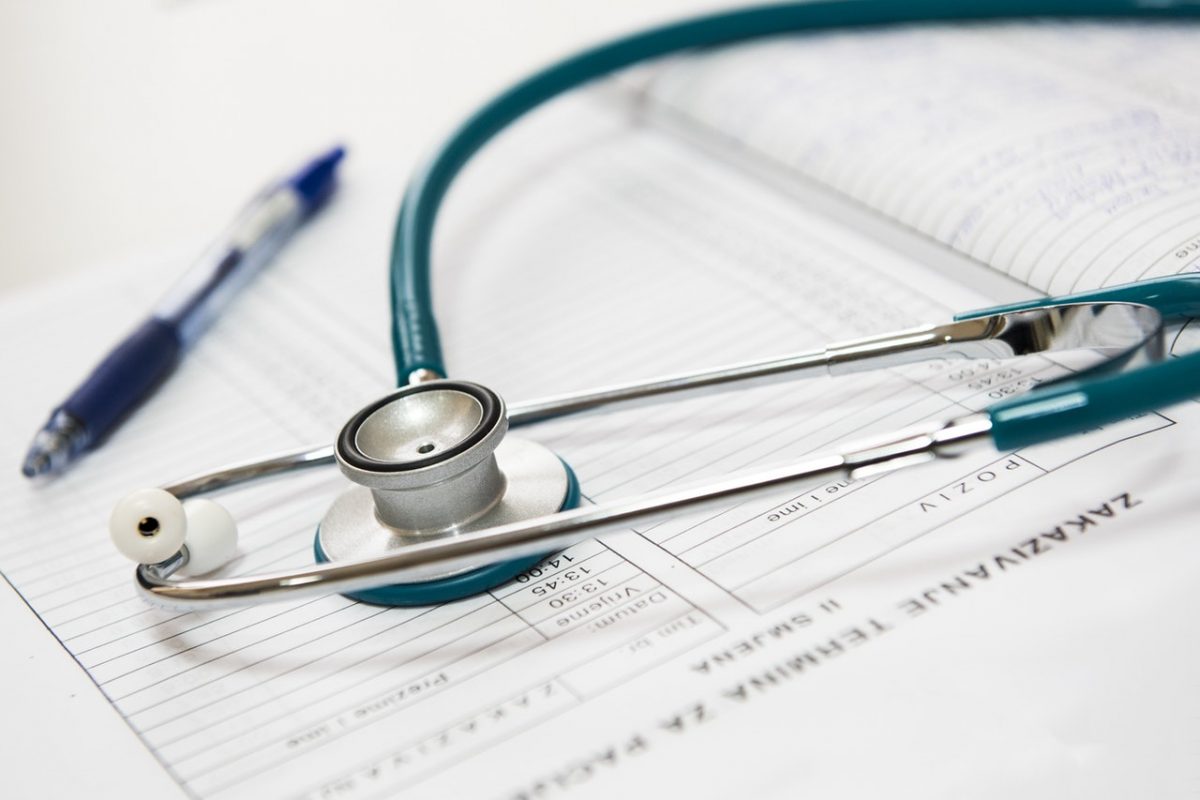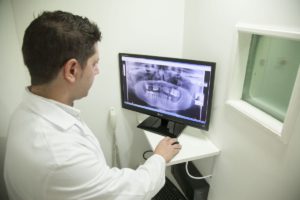
If you have been diagnosed with a certain condition that will require surgery, then you may receive it as a less invasive surgery known as robot-assisted surgery. This is done via a few small incisions so the surgeons can perform the most complex surgeries with precision. The benefits of this type of surgery include less blood loss, less pain and less scarring along with reduced recovery time. Even though this type of surgery is available, you will still need to do a few things in order to recover from surgery faster. Breast enlargement recovery can be even trickier – that’s why you need to do your research. While there is no definite “fastest way” to recovery, combining a few tips will ensure that you have a shorter recovery time than if you don’t do anything.
Follow the instructions
While you may think it is simple to follow the instructions, you need to remember that this also includes the most minor instructions. If your doctor advises against drinking after surgery or driving a vehicle, this is not only for your safety but also for others as well. Even if you feel better the internal healing may still be in process. If you ignore the instructions it can lead to complications like infection, tearing and bleeding. And if you’ve spent thousands of dollars on a breast implants payment plan, for example, you want to make sure you get the best result!
Eating what is right for recovery
After having surgery, you can feel nauseous or even constipated. You may not feel hungry, but it is important to eat a healthy diet to promote fast healing. Certain types of foods can help in the body’s recovery process.
Protein: Protein is needed for your wounds to heal. Chicken and eggs are high in protein.
Vitamin C: Vitamin C and Zinc can help with healing so you should be eating the right amount of fruit per day.
Fibre and probiotics: This combination together can help to give your immune system a boost and it keeps your digestive tract moving along well. Eating yogurt with granola is a good way to get a serving of probiotics and fibre.
Iron and B12: Both of these aid in the bone marrow which forms new blood cells. Fish and eggs are both high in these.
Conversely, you want to avoid certain things like surgery foods, as refined sugars can lead to fatigue (your blood sugar levels will be fluctuating). You also want to avoid sports drinks, as they have extra salt, which can cause the body to retain water which won’t help the swelling to decrease.
Go to your follow up appointments
Even if you are feeling great it is still important to attend your follow-up appointment. This, because your doctor can notice things you cannot necessarily pick up on yourself, especially if your procedure was internal. You may have follow up blood work done to ensure there is no infection going on. Your doctor may need to adjust your medication as well.
If you need help, ask for it
Keeping pain at a tolerable level is important because if you are suffering too much pain you run the risk of getting a blood clot or even pneumonia. If you are in pain don’t be afraid to mention it and ask for something to help decrease the pain. You don’t want to wait until it is at a severe level. Ensure you are not doing too much housework etc as this can interrupt the healing process. Try and get some friends or family to help you clean and cook, to take the strain off you.







